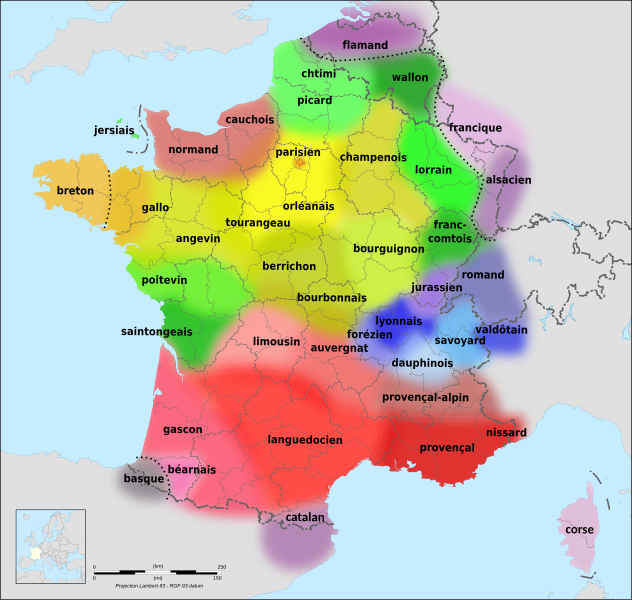Domen
Misico dux Vandalorum
Traitorfish,
So you basically claim, that Spain was not Spain before it was called Spain - right?
Aragon and Castile were not Spain, because they were not called Spain.
Well - in such case maybe Poland is among the oldest nations in Europe, because the name of it is very old.
The name "Poland" was for the first time applied to this country around years 990 - 1000.
And here is what a 12th century Saxon historian Helmold of Bosau wrote about Poland and Bohemia:
An excerpt from Helmold's "Chronicle of the Slavs", written between 1163 and 1172, chapter 1 "About the Division of the Slavs":
"(...) Bohemia has a king and warlike knighthood; they have a lot of churches and the people are dedicated to religious practices. Bohemia is divided into two bishoprics - Prague and Olomouc. Poland is a great country of Slavic people; it borders - as they say - with Ruthenia. It is divided into eight bishoprics*. In the past Poland had kings, but now it is ruled by dukes. The kinds of weapons and the methods of combat used by the Poles are the same as those of the Czechs. Called to war, the Poles are brave in battle, but exceedingly cruel in their robberies and murders. They spare neither monasteries, nor churches, nor cemeteries. This is why you can only get them involved in wars conducted by others, under the condition that you allow them to plunder the property which is kept in sacred places. Due to this fact it also happens, that driven by their appetite for plunder, they treat their allies as if they were enemies. (...)"
* Those 8 bishoprics of Poland at that time, were: Gniezno, Poznań, Włocławek, Płock, Cracow, Wrocław, Lubusz and Wolin.
Bohemia is an originally Slavic name, BTW - it is derived from "Boh" (one of versions for word "God" in Slavic languages).
So they don't really need to call their land "Czechia" to underline their Non-Germanness or something.
So you basically claim, that Spain was not Spain before it was called Spain - right?
Aragon and Castile were not Spain, because they were not called Spain.
Well - in such case maybe Poland is among the oldest nations in Europe, because the name of it is very old.
The name "Poland" was for the first time applied to this country around years 990 - 1000.
And here is what a 12th century Saxon historian Helmold of Bosau wrote about Poland and Bohemia:
An excerpt from Helmold's "Chronicle of the Slavs", written between 1163 and 1172, chapter 1 "About the Division of the Slavs":
"(...) Bohemia has a king and warlike knighthood; they have a lot of churches and the people are dedicated to religious practices. Bohemia is divided into two bishoprics - Prague and Olomouc. Poland is a great country of Slavic people; it borders - as they say - with Ruthenia. It is divided into eight bishoprics*. In the past Poland had kings, but now it is ruled by dukes. The kinds of weapons and the methods of combat used by the Poles are the same as those of the Czechs. Called to war, the Poles are brave in battle, but exceedingly cruel in their robberies and murders. They spare neither monasteries, nor churches, nor cemeteries. This is why you can only get them involved in wars conducted by others, under the condition that you allow them to plunder the property which is kept in sacred places. Due to this fact it also happens, that driven by their appetite for plunder, they treat their allies as if they were enemies. (...)"
* Those 8 bishoprics of Poland at that time, were: Gniezno, Poznań, Włocławek, Płock, Cracow, Wrocław, Lubusz and Wolin.
Bohemia is an originally Slavic name, BTW - it is derived from "Boh" (one of versions for word "God" in Slavic languages).
So they don't really need to call their land "Czechia" to underline their Non-Germanness or something.




